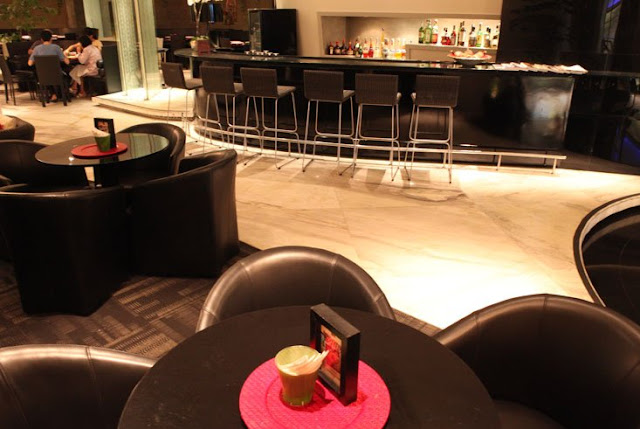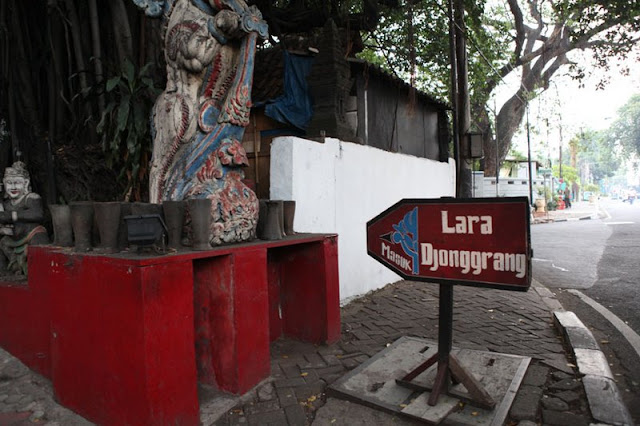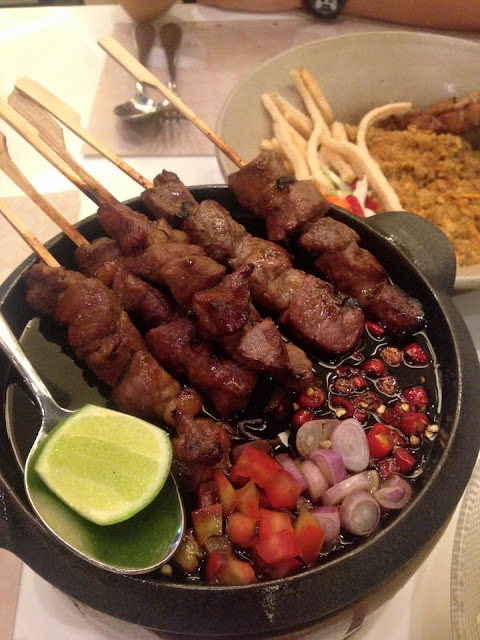Many people believed that Jokowi would modernize Indonesia. They were hoping that he would fight corruption, boost the economy, launch infrastructure programs, reduce the influence of religious mafias and promote Indonesia on the world scene as a modern nation.
To say that those people, including myself, are disappointed is an understatement.
Jokowi and his team have betrayed the people who voted for them. Not only he did not do what he promised, he did the contrary. A year after he took office, I cannot think of anything positive he has accomplished.
On the contrary, there are several reasons to think that Indonesia is actually going backwards.
Freedom of speech under attack
Indonesia was ranked #132 in the world in 2014 in terms of press freedom by
Reporters Without Borders. It dropped 6 places in 2015.
Several foreign journalists have been arrested since the beginning of the year, in particular Rebecca Prosser and Neil Bonner who spent 4 months in jail for not having the proper visas. Journalists used to be deported when it happened in the past, but the current government wants to make it clear that foreign journalists are not welcomed.
Jokowi is also trying to make it harder for journalists to criticize the president, whatever than means.
He declared in August 2015: “Currently there are tendencies that people feel they are ultimately free to behave and voice their opinions as they like. This is less productive when the media only pursues ratings instead of guiding the public to be virtuous and have a productive work culture.”
This led the Alliance of Independent Journalists to issue a statement to warn Jokowi not to mess with press freedom. At the same time, SBY himself
criticized the government over a plan to criminalize defamation against the president.
Overt racism and xenophobia
Under Jokowi, Indonesian nationalism no longer means being proud of the nation’s achievements. It means being racist, xenophobic and blaming foreigners for everything that goes wrong.
Foreigners living in Indonesia have never been more uncomfortable than now. You will never hear from the government that foreigners are actually bringing jobs, investments and dollars. You will never hear that they pay taxes, that they help the economy and that they come with skills and knowledge.
Instead, the dumbest stereotypes are spread in the media even by high-ranking officials and ministers. Just a few weeks ago, Indonesian women were told
not to date foreigners because they could be used as drug mules.
This racism can lead to more tragic stories:
Why did Jokowi choose to execute 12 foreigners out of 14 convicts even though there are more Indonesians dealers behind bars? Why the 12 foreigners chosen were almost exclusively from Black, Asian or Latin American ethnicity? Why did Neil Bantleman go to jail, if not for being a foreigner?
Using the death penalty as a TV show
My opinion about the death penalty is that it does not work and I could prove it with detailed studies. You can agree or not, it is not my point today.
What disturbed me the most in the execution of early 2015, apart from the obvious racism, is that the government used them for political gain. They were not about justice or fairness or efficiency. They were a show intended to prove that Jokowi was “tegas” or decisive. 14 dead for a few extra points in the polls.
To me, it just made Indonesia look like a banana republic. It also exposed to the whole world the failures of the Indonesian justice system, its corruption, its incoherences and its incompetence.
Destruction of the anti-graft agency
There was one institution that Indonesians respected and wanted to preserve, the KPK (anti-graft agency). The KPK was pretty much like Batman in Gotham City. It was fighting the crooks on behalf of the common people.
Problem: The whole PDI-P, the political party behind Jokowi, hates the KPK for reasons that are easy to understand. With the help of the Police, it took only a few weeks for them to take down the institution and replace its head with officers they don’t need to be afraid of.
Jokowi never spoke in public about this shameful event, and instead allowed it to happen. The whole nation would have supported him if he had had the gut to say “No”. He didn’t, and that’s how Indonesia lost its fight against corruption and went back 10 years.
Flirting with sharia
Indonesia was never founded as a Muslim state. It has a majority of Muslims, but its laws are not based on the teachings of the Koran (except in Aceh).
Yet, slowly, the rules of Islam are starting to apply to everyone. The most obvious illustration is the recent fight of the government against alcohol. First, it became illegal to sell alcohol in minimarts, then import taxes were doubled, then a law was discussed to forbid alcohol totally, then nightclubs in Bandung and Jakarta were told to stop operations at midnight, etc.
Surprisingly, at the same time, the tobacco industry in Indonesia is enjoying one of the world’s most lenient legislation.
Rupiah hitting all-time low
The rupiah has never been as low as today. Never*. The government says that it is not its fault and that all currencies are losing against the dollar. *edit: It was actually lower on August 1998
Yet how come the Singapore Dollar is appreciating while the Rupiah is depreciating? Is it possible that countries that are attractive to foreign investments perform better?
Economic growth at its lowest level
The economic growth for the second quarter of 2015 was the slowest since 2009. Naturally, the government blames the World economy. The truth is Jokowi did not do anything to spur growth. On the contrary, he has turned off foreign investment with his nationalist and populist speeches. He has raised import tariffs on most goods, making the country more difficult to invest in and more bureaucratic.
In July, he was not ashamed to ask David Cameron to lower import duties for Indonesian goods in England, just a few days after raising them in Indonesia for British products.
Indonesia is less competitive compared to its neighbors Malaysia, Singapore or Thailand. It produces goods of lower quality for a higher price. Instead of trying to improve competitiveness with bold reforms and infrastructure spending, Jokowi is using protectionism: He raises the tax for imports, thus forcing Indonesians to buy lower quality products. This strategy has never worked but it is the best one to protect private interests and large conglomerates.
In the latest
Global Competitiveness Survey from the World Economic Forum, released on September 29th 2015, Indonesia fell 3 places and it is the only country in ASEAN not to improve with the exception of Thailand.
Deterioration of its relationships with neighboring countries
Indonesia has damaged its relationship with several key partners, including Australia (who reduced its aid to Indonesia), Malaysia, Singapore, Holland, France and Brazil.
Jusuf Kalla has
become a joke for declaring that Malaysia and Singapore should thank Indonesia for 11 months of fresh air in the middle of the haze crisis. He then asked for help, even though the government refused it a few days earlier.
While offending some partners, Indonesia has been very careful with other countries, particularly Saudi Arabia where two Indonesian maids have been executed and 100 pilgrims died following an accident.
North Korea’s Kim Jong Un was also awarded a peace prize by the sister of Megawati Sukarnoputri, the current head of the PDI-P. I wonder if she considers it is an ideal for Indonesia to emulate.
Conclusion
Unfortunately, Jokowi killed any hopes that a better system is possible in Indonesia. This feeling, combined with the country’s refusal to confront its past, in particular a true assessment of the Suharto years, makes the search for a strong man more appealing than ever. I hope Jokowi can prove me wrong in the next 4 years.

















































